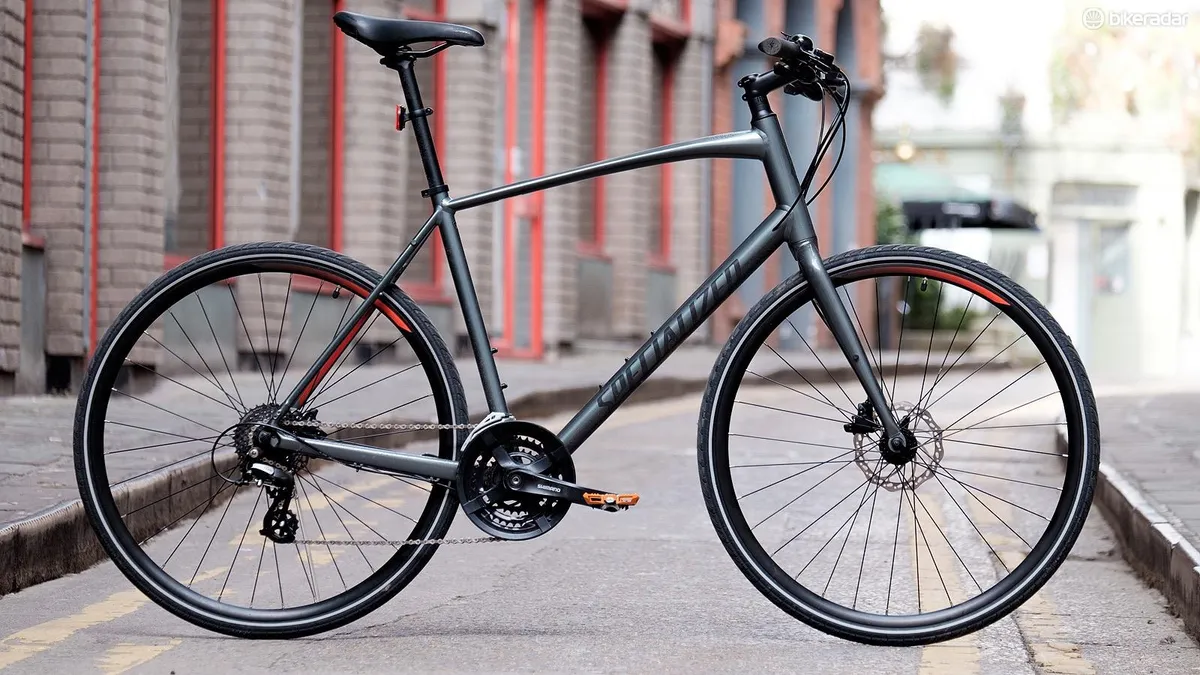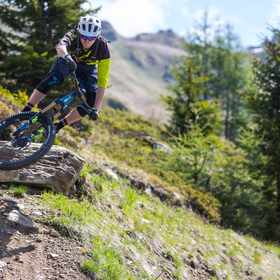Specialized’s Sirrus is a solid urban commuter or mixed-surface cruiser. Though not the most exciting bike I’ve reviewed, you can buy one with real bike shop backup and it should serve you well. I think you likely won’t be disappointed, even if the ride is nothing to write home about.
This model is the second cheapest in the Sirrus range. There is a rim-brake version for £100 / €120 / $130 less, or you can spend up to £2,200 / €2,199 / $2,400 on the top spec carbon model.
I wouldn’t recommend doing either, however, as the dependable disc brakes are among the things I liked best about this version, and spending over two grand on a flat-bar commuter seems a little excessive to me.
There’s a range of women’s models too, which use female-specific geometry, saddles, and of course, colourways. There are even step-through options for the traditionalists out there.
Specialized Sirrus Alloy Disc frame
Specialized does a typically good job with the Sirrus’s smooth-welded and well-equipped aluminium frame. The tall stack height (thanks to that very long head tube), combined with a relatively steep seat tube angle make for a comfortable, upright position.
The steel fork isn’t the lightest or comfiest, but it’s built to a price point. The frameset is well equipped for utilitarian use, with plug and play mudguard and pannier rack mounts, as well as the bosses for a two bottle cages within the frame.
Specialized Sirrus Alloy Disc kit
I found Specialized’s own Canopy saddle and Targa lock on grips to be particularly comfy.
The 3x8 transmission courtesy of Shimano Tourney/Atlus components is not the most desirable setup, but does the job okay.
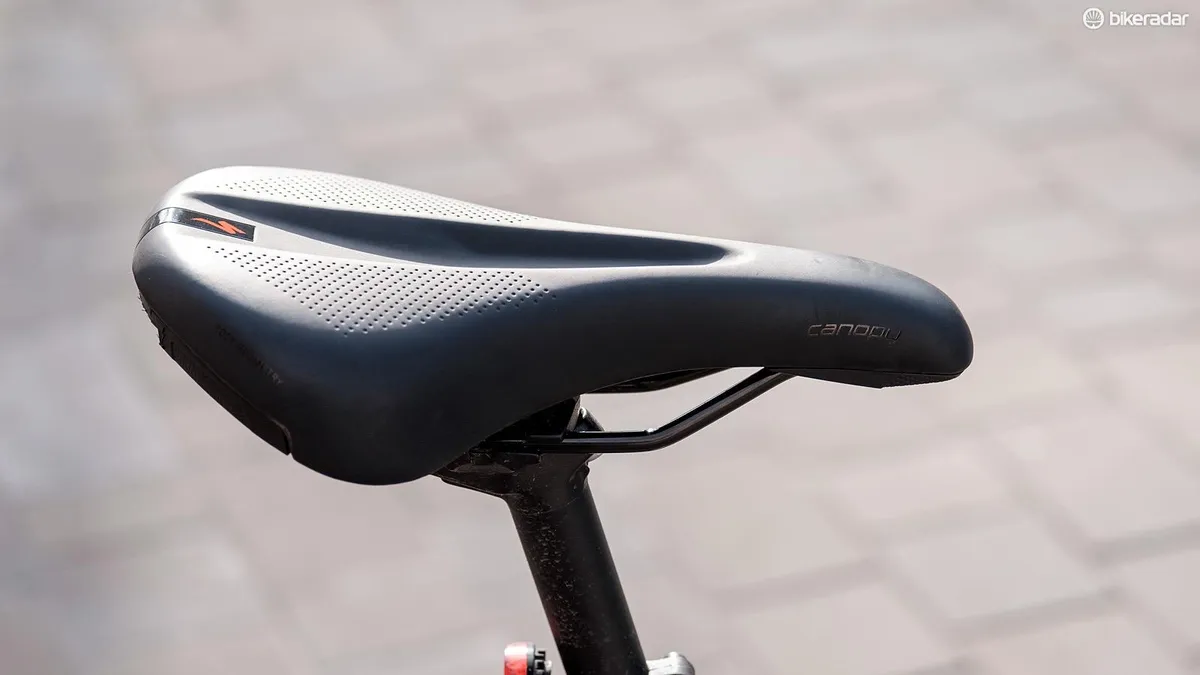
The real highlights are the Promax F1 hydraulic disc brakes, which offer ample stopping power.
Combined with a narrow handlebar and reflective, puncture-proof tyres, the Sirrus has everything you really need for urban commuting. Nothing more, nothing less.
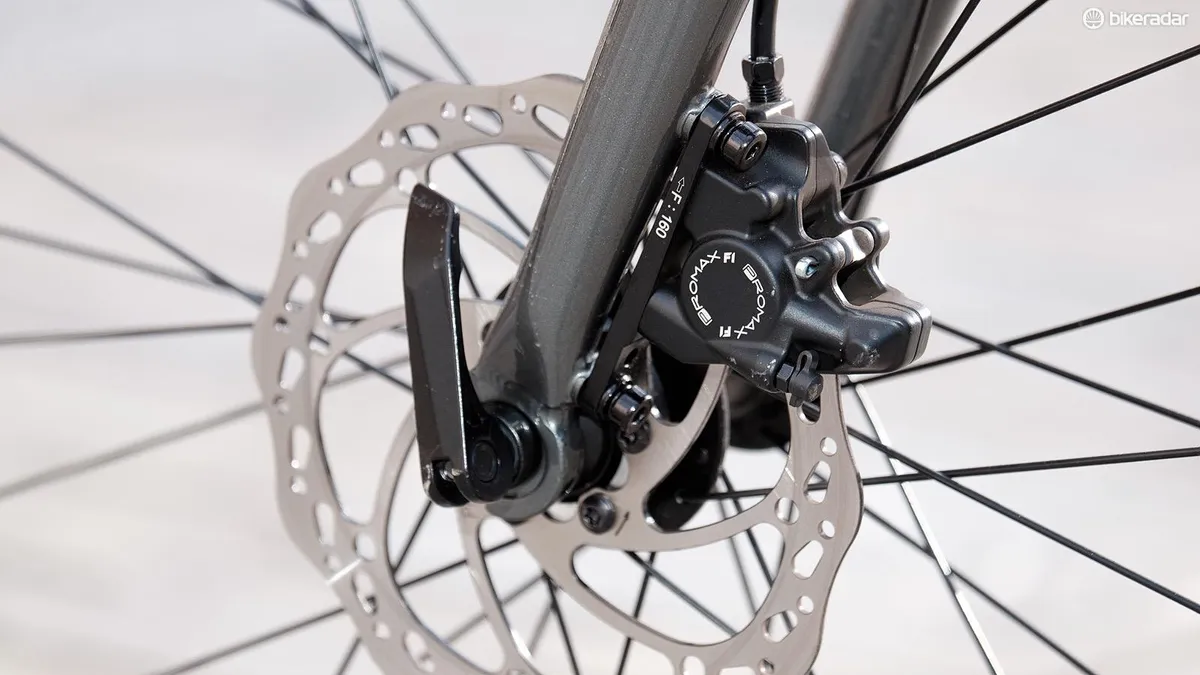
Specialized Sirrus Alloy Disc ride impressions
Like a school-run SUV, the Sirrus’s upright position results in a commanding and confident feel when in traffic, though it isn’t exactly sporty.
The steep seat tube and high bar make it relaxing to ride, while the forward seating position makes up for the 12.4kg weight, keeping it relatively eager uphill. But because your body is upright in the wind, you won’t be setting any speed records no matter how late for work you are.
On rougher roads, the ride isn’t so comfy. The stiff steel fork and tough tyres mean dropping off a kerb or hitting a pothole is surprisingly jarring. The flared shape of the Specialized Contour grips won’t suit everyone, but they do at least take a little of that sting out of the ride.
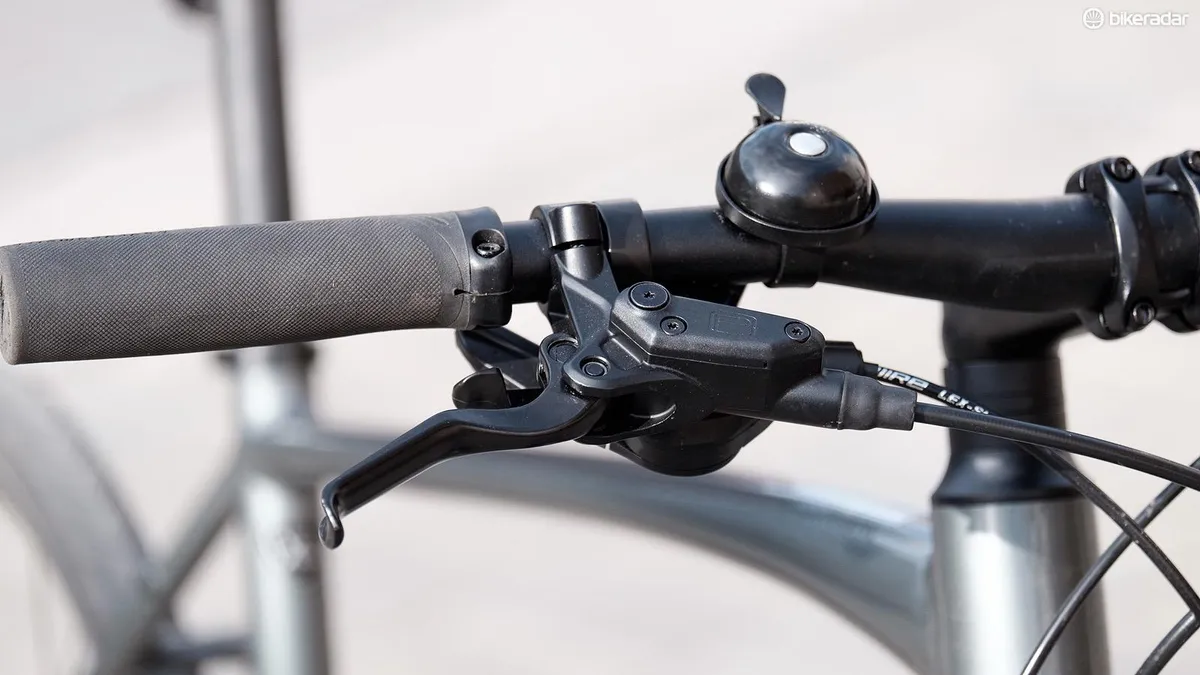
The reinforced tyres haven’t punctured after six months of regular use, but the reinforced 28TPI (Threads Per Inch) casing means they transmit a lot of vibration through to the rider, especially for a 32mm tyre. (Tyres with a higher thread-count (e.g. 60TPI) typically use finer threads and therefore generally offer a more supple ride). They’re also heavy and rather draggy, dulling acceleration and speed.
The 3x8-speed Shimano drivetrain offers all the gearing range you’re likely to need; although the shifting is a little clunkier than higher-end parts, it works just fine.
Annoyingly, the Shimano cranks bow outwards like John Wayne’s legs, and so the crank arms are prone to rub against the inside of shoes.
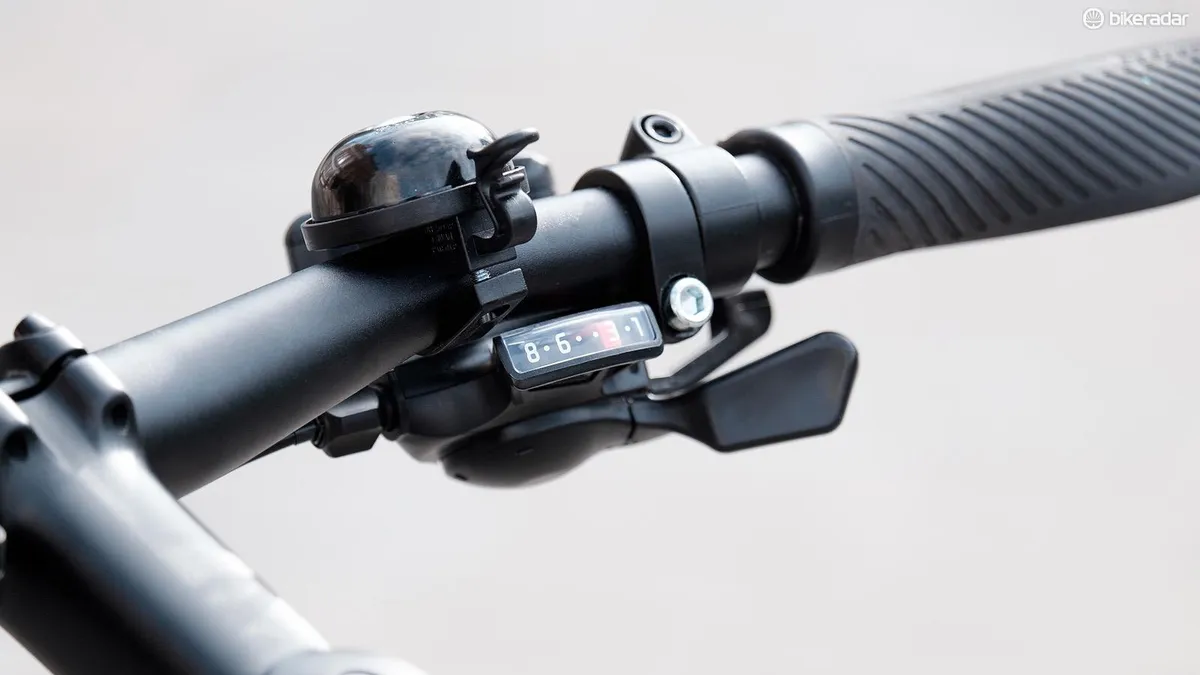
Promax may not be a well-known brand, like Shimano or Tektro, but its F1 hydraulic brakes surprised me with their solid feel and consistent power.
Even in cold and wet conditions, one finger is all that’s needed to come to a rapid halt. The lack of grip on the rear tyre is more often the limiting factor when it comes to wet-weather stopping power, but even so the consistent grunt of the disc brakes could just be a literal lifesaver.
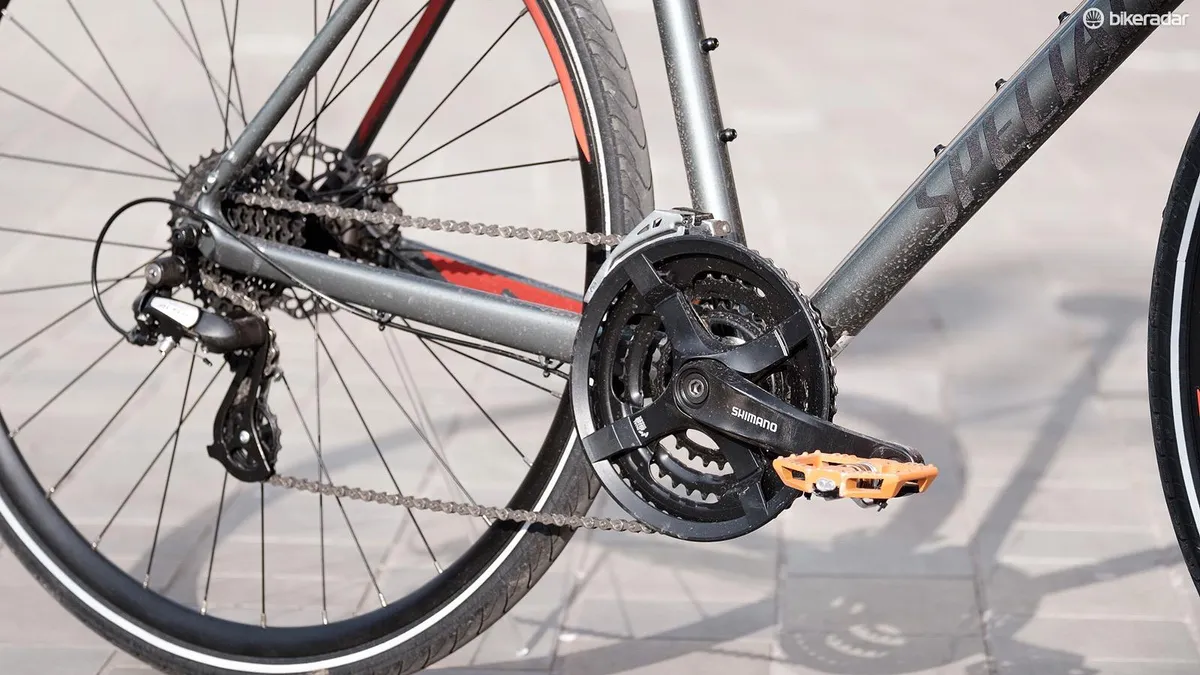
The Sirrus is not the comfiest or fastest ride, but it’s a safe, practical and reliable option. It’s only average on value though, so if you can live without the Sirrus’s massive gear range and fork rack mounts, I’d sooner recommend the £500 Voodoo Agwe, or if you can stretch, the better-appointed £800 Genesis Skyline.
